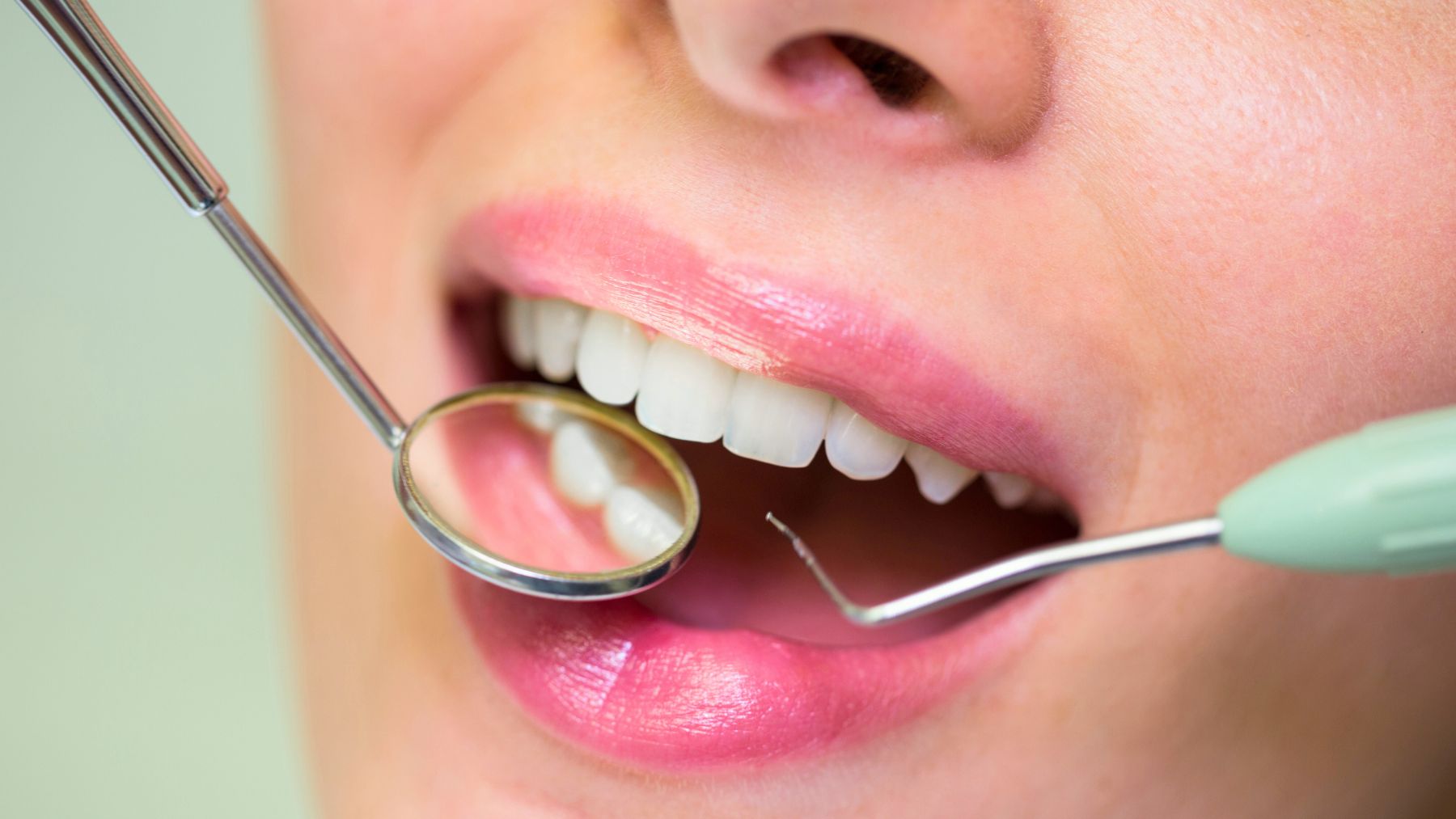Ozempic, one of the most popular drugs for weight loss and diabetes management, is back in the spotlight. Dentists are reporting a wave of oral health problems linked to the medication, raising questions about how GLP-1 drugs like Ozempic and Wegovy might affect the mouth.
Experts say a growing number of patients are showing signs of what’s being called “Ozempic teeth“, a term describing dental damage thought to be connected to the drug’s side effects. According to Dr. Rajpal Anjali, the problem seems to stem from how semaglutide, the active ingredient in these medications, impacts saliva production and hydration. Here’s what’s happening and what people taking these drugs should watch out for.
What experts say about “Ozempic teeth”
The nickname may sound dramatic, but “Ozempic teeth” refers to a real and growing concern among dental professionals. The issue begins with dry mouth, a common side effect that occurs when semaglutide interferes with salivary gland function. Saliva is essential for neutralizing acids, washing away bacteria, and protecting enamel. Without enough of it, the mouth becomes more vulnerable to cavities, gum disease, and erosion.
To make matters worse, many users on Ozempic or Wegovy report drinking less water than usual because the medication suppresses thirst. That combination—less saliva and less hydration—creates the perfect environment for dental problems.
“Most users tolerate GLP-1 medications like Ozempic without serious oral health issues, but a subset experience notable side effects such as dry mouth, nausea, or vomiting, which can indirectly affect teeth and gums”, said Dr. Anjali. Reflux or vomiting can expose teeth to stomach acid and accelerate enamel wear, and the result can be sensitivity, gum irritation, receding gums, and slower healing after dental work.
What makes this side effect particularly concerning is that, unlike some of the drug’s other issues, the dental damage might not fully reverse after stopping the medication. Dentists like Dr. Anjali are urging both patients and healthcare providers to take these risks seriously and address them early.
How to protect your teeth while taking Ozempic
If you’re using Ozempic or another GLP-1 drug, you don’t need to panic, but you should take extra care of your teeth and gums. A few simple habits can help reduce the risk of dental complications and keep your mouth healthy.
- Stay hydrated: Even if you don’t feel thirsty, make a point to drink water throughout the day, as it helps counteract the dry-mouth effect.
- Chew sugar-free gum: This stimulates saliva flow, which protects enamel and keeps your mouth’s pH balanced.
- Rinse after nausea or vomiting: If you experience these side effects, rinse with water or a fluoride mouthwash to neutralize acid before brushing.
- Use fluoride toothpaste and mouthwash: Strengthen enamel and protect against cavities by using fluoride products regularly.
- Tell your dentist about your medication: This allows them to monitor for early signs of enamel erosion, gum irritation, or other changes linked to GLP-1 drugs.
Dr. Anjali recommends that dentists also ask patients about these medications and schedule closer follow-ups, especially in the first few months of use. Staying proactive with oral care and regular checkups can prevent long-term damage while still getting the benefits of these medications.

